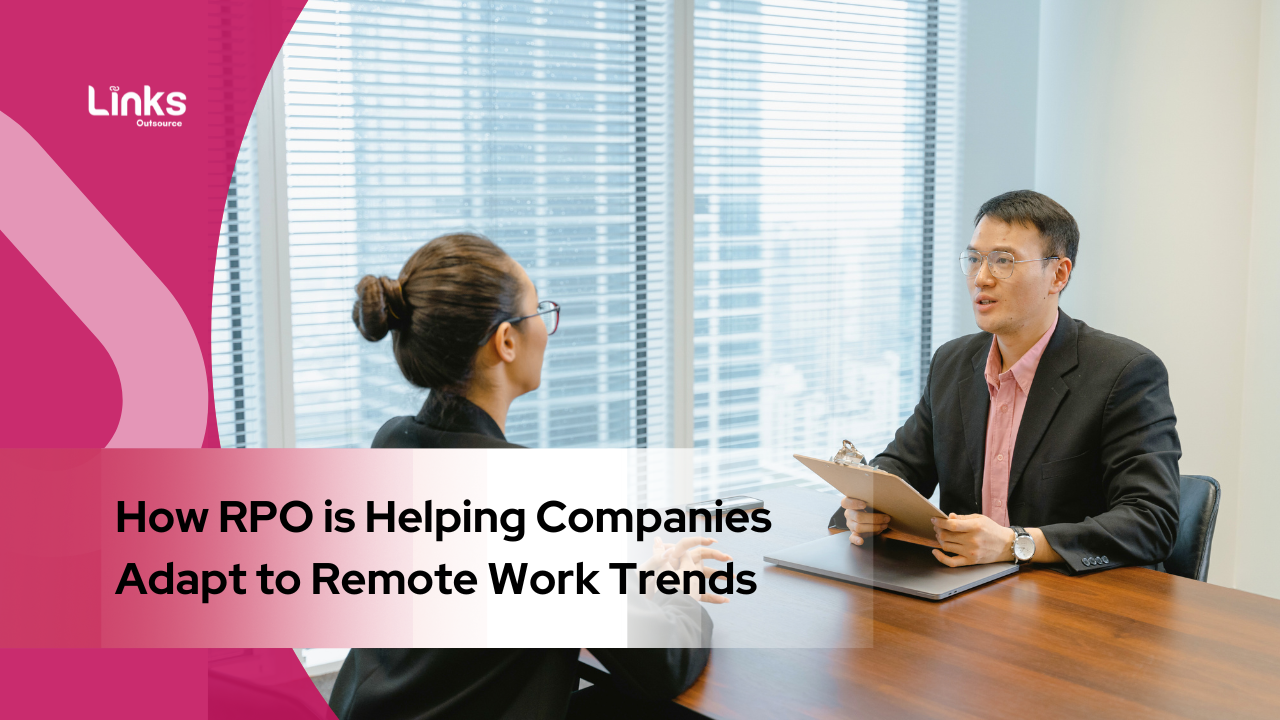The shift to remote work has transformed the way businesses hire and manage talent. What was once an occasional perk is now a defining factor in how companies attract top professionals. With organizations expanding their workforce across borders, recruitment strategies need to evolve to meet the challenges of sourcing, assessing, and onboarding remote employees efficiently. This is where Recruitment Process Outsourcing (RPO) has emerged as a game-changer, helping companies streamline hiring, maintain compliance, and build high-performing remote teams.
The Rise of Remote Work and Its Impact on Hiring
The global workforce has embraced remote work due to advances in technology, changes in employee expectations, and the need for businesses to remain competitive in an increasingly digital world. However, this transition has introduced significant challenges for recruiters. Finding the right candidates from a global talent pool requires a structured approach.
Companies must ensure that potential hires not only possess the necessary skills but are also adaptable to remote environments. Screening and assessing candidates for remote roles demand new evaluation techniques that go beyond traditional face-to-face interviews.
Beyond hiring the right people, businesses must also navigate legal and compliance issues. Labor laws vary across countries, and remote work arrangements must adhere to different tax regulations, employment contracts, and benefits policies.
Managing these complexities can be overwhelming, especially for companies expanding their remote workforce. The onboarding process also presents a unique challenge, as integrating remote employees into company culture without in-person interactions requires careful planning and execution.
How RPO Helps Companies Adapt to Remote Work Trends
Recruitment Process Outsourcing offers a scalable, efficient, and cost-effective solution for companies looking to optimize their hiring process for remote employees. Unlike traditional recruitment, RPO providers leverage data-driven strategies, advanced technology, and industry expertise to streamline talent acquisition. They help organizations source, evaluate, and onboard remote employees effectively, ensuring a seamless transition into a distributed workforce model.
One of the biggest advantages of RPO is its ability to expand a company’s reach. With remote work eliminating geographical hiring constraints, businesses now have access to a much larger talent pool.
RPO providers like Links Outsource use advanced recruitment technologies, AI-driven resume screening, and extensive industry networks to identify top candidates worldwide. Their market analytics capabilities allow them to determine the best locations to find skilled remote workers, ensuring companies hire the right people faster and more efficiently.
Assessing candidates for remote positions requires a different approach. It is not just about technical skills; remote employees must be self-motivated, communicative, and able to work independently. RPO firms use AI-powered video interviews, psychometric testing, and behavioral assessments to evaluate candidates beyond their resumes. These methods ensure that businesses hire individuals who can thrive in a remote work environment, reducing the risk of turnover and improving long-term performance.
Legal compliance is another crucial area where RPO solutions add value. Hiring remote employees across different locations comes with complex legal requirements, including work permits, tax obligations, and labor laws.
A seamless candidate experience is essential for attracting and retaining top talent. RPO firms help businesses enhance their employer brand by creating engaging job descriptions, maintaining transparent communication throughout the hiring process, and offering pre-onboarding support. Their structured approach ensures that remote employees feel valued and integrated from the moment they accept an offer, leading to higher job satisfaction and improved retention rates.
Another key advantage of RPO is its data-driven approach to hiring. With real-time analytics, companies can track key performance indicators such as time-to-hire, cost-per-hire, and employee retention rates. Predictive analytics also play a role in workforce planning, allowing businesses to anticipate hiring needs and adjust recruitment strategies accordingly. By leveraging these insights, organizations can make informed hiring decisions, optimize their talent acquisition process, and reduce hiring costs over time.
Onboarding remote employees can be challenging, but RPO providers streamline the process by offering digital onboarding solutions. Through centralized platforms, new hires can access essential documents, training materials, and company policies, ensuring a smooth transition. Virtual training programs, mentorship initiatives, and HR support services help remote employees integrate into their roles more effectively, setting them up for long-term success.
Why Companies Should Invest in RPO for Remote Hiring
As remote work continues to dominate the job market, businesses must adopt innovative hiring strategies to stay competitive. RPO solutions offer a structured and scalable approach to remote recruitment, helping companies hire faster, reduce costs, and improve workforce quality.
With access to a global talent pool, advanced screening techniques, legal compliance expertise, and seamless onboarding solutions, organizations can build strong remote teams without the complexities of traditional hiring methods.
Investing in RPO also ensures long-term business growth. Companies that adopt a strategic approach to remote hiring are better positioned to attract and retain top talent, leading to improved productivity and higher employee engagement. As work models continue to evolve, organizations that leverage RPO will have a competitive advantage in adapting to the changing demands of the modern workforce.
Final Thoughts
As remote work continues to shape the future of employment, businesses must adopt strategic hiring practices to attract top talent. RPO solutions offer an efficient and cost-effective approach to remote recruitment, ensuring companies can build strong, high-performing teams without the challenges of traditional hiring. From sourcing global talent to managing legal compliance and onboarding, RPO providers play a crucial role in helping businesses succeed in the new world of work.

